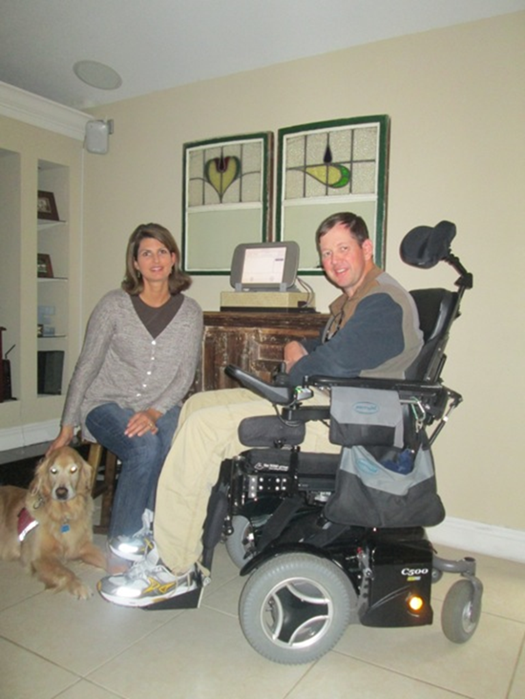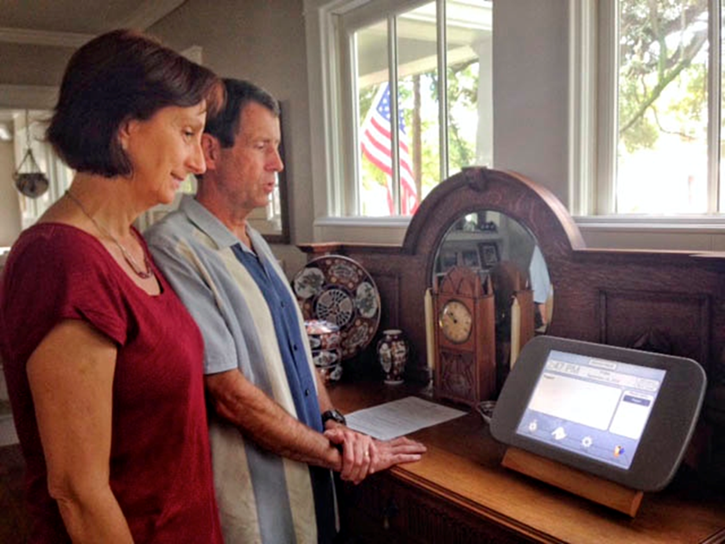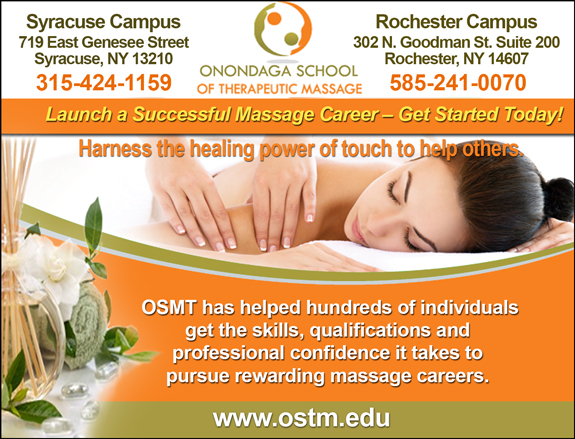
VA researchers are doing amazing things to improve the lives of Veterans. Here’s just one example: the Smart Home. This unique project uses advanced technology to help patients with traumatic brain injury (TBI) independently plan, organize and complete everyday activities.
Some Veterans with TBI have lost the ability to manage basic tasks like doing the laundry or taking out the trash.
Smart Home has been described as a “cognitive prosthetic.”
VA’s Smart Home helps them relearn those skills by tracking their movements around their house and then sending them text or video prompts when they get off track. The remarkable indoor tracking technology can pinpoint the Veterans’ location to within six inches.
 Ben “Ty” Edwards and wife Anna Edwards
Ben “Ty” Edwards and wife Anna EdwardsThe Tampa VA Medical Center has installed the high tech equipment in five apartments housing 10 Veterans. It has a system that not only tracks their locations but has sensors that monitor the use of appliances. For example, the washing machine sensors determine when the Veteran puts soap in the machine and also shows when he or she empties the machine after the load is completed. If the user forgets to do either, a nearby screen prompts them to complete those steps. The Smart Home can also notify a caregiver if an activity is not completed.
Other sensors in the bathroom determine how long a patient has been shaving and if they are taking too long, they are prompted to finish that task and move on.
The technology promotes Veterans’ independence by providing reminders for the management of other daily activities such as medication, meal planning, and other necessary tasks.
Smart Home has been described as a “cognitive prosthetic” with the goal of rehabilitating Veterans with TBI so they can function normally in society.
A powerful feature of the Tampa Smart Home is the precision of the customized therapeutic information that can be provided to the recovering Veteran. Data for every interaction with clinical and medical staff are recorded continuously and analyzed, helping the staff visualize subtle but therapeutically significant behavioral changes. Reports are sent back to the clinical team on a weekly basis
This helps to better inform treatment plans and potentially prevent problematic medication effects on Veterans' memory, as well as gait and balance.
 Joseph “Pepper” Coulter and wife Jill Coulter
Joseph “Pepper” Coulter and wife Jill CoulterA little more technical information? The Veteran patients and VA staff wear wrist tags linked to a real-time location system that tracks the tags using wall sensors. It’s ultra-wideband technology. The wrist tags broadcast their ID on a 6-to-8 gigahertz channel and uses time-delay-of-arrival and angle-of-arrival methods to determine position in three dimensions.
The Smart Home innovation recently received third place in VA’s Brain Trust summit. The national summit brought together the public and private sector, Veterans, caregivers, clinicians and innovators to tackle the issues of brain health.

One of the leaders of the project is Dr. Steven Scott, co-director of VA's Center of Innovation on Disability and Rehabilitation Research and chief of physical medicine and rehabilitation at the James A. Haley Veterans Hospital in Tampa. Scott is a nationally known expert in the fields of physical medicine and rehabilitation with research expertise in polytrauma and traumatic brain injury. Much of his work focuses on the rehabilitation and reintegration of Veterans who have experienced blast-related injuries.
Advances like this are being celebrated this week, Research Week, at VA medical centers around the country.
Join us as we celebrate 91 years of research excellence and attend one of the many activities being conducted nationwide.
For more than 90 years, the VA’s Research and Development program has been improving the lives of Veterans and all Americans through health care discovery and innovation.
VA research is unique because of its focus on health issues that affect Veterans. The groundbreaking achievements of VA investigators—more than 60 percent of whom also provide direct patient care—have resulted in three Nobel prizes, seven Lasker awards, and numerous other national and international honors.



